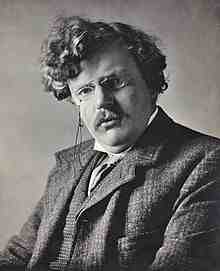A good novel tells us the truth about its hero; but a bad novel tells us the truth about its  author.
author.
G. K. Chesterton
English author & mystery novelist (1874 – 1936)
G K Chesterton is well known for the above quote but, after a day of reacquainting with my (almost finished first draft) of Cold Steel I am left wondering exactly what he meant.
I consider myself an apprentice writer. Published but still a learner. I guess this is in much the same way that we continue learning to drive, learning Yoga, learning to cycle. We never truly finish our apprenticeship because there is so much more to take on board, to experience, to live. As part of my apprenticeship I read Alex Keegan’s essay on theme (premise) this morning.*
And Keegan’s words interested me (and scared me) far more than Chesterton’s. Keegan tells us that theme is at the heart of a story. A good story[teller] knows the theme. Theme is not plot, it is not what happens but the underlying story that emerges; it is what we, as readers, are told as we read the story. Told in a subtle way. So that we begin to hear a message despite it not being written in stark letters across the page.
And I think this is what Chesterton meant, perhaps, that a good novel has at its heart a strong theme, such that we discover and learn with the characters. And that is how it is as a writer. I do know my theme, I am writing about grief and memory and loss and discovery (are they themes?) and to get there I am putting my characters into the pages and seeing where they take me. I haven’t got a road map or a plan. I haven’t got spreadsheets with dates and times and interesting plot points. I haven’t planned my settings (although I do know key places very well by now, I am on my 282nd page, after-all). I know that these are devices that help other writers – accomplished writers – I just hope that my own, more lived-and-breathed version of writing can also stand the test of time. That I can pop my characters into scenarios (as Keegan suggests) and let them write the story.
And I hope that at the end, the reader will learn about my heroes and not about me.
* The Importance of Theme. Alex Keegan in Short Circuit (2009) Vanessa Gebbie (Ed) Salt Publishing: Bloomsbury, London
